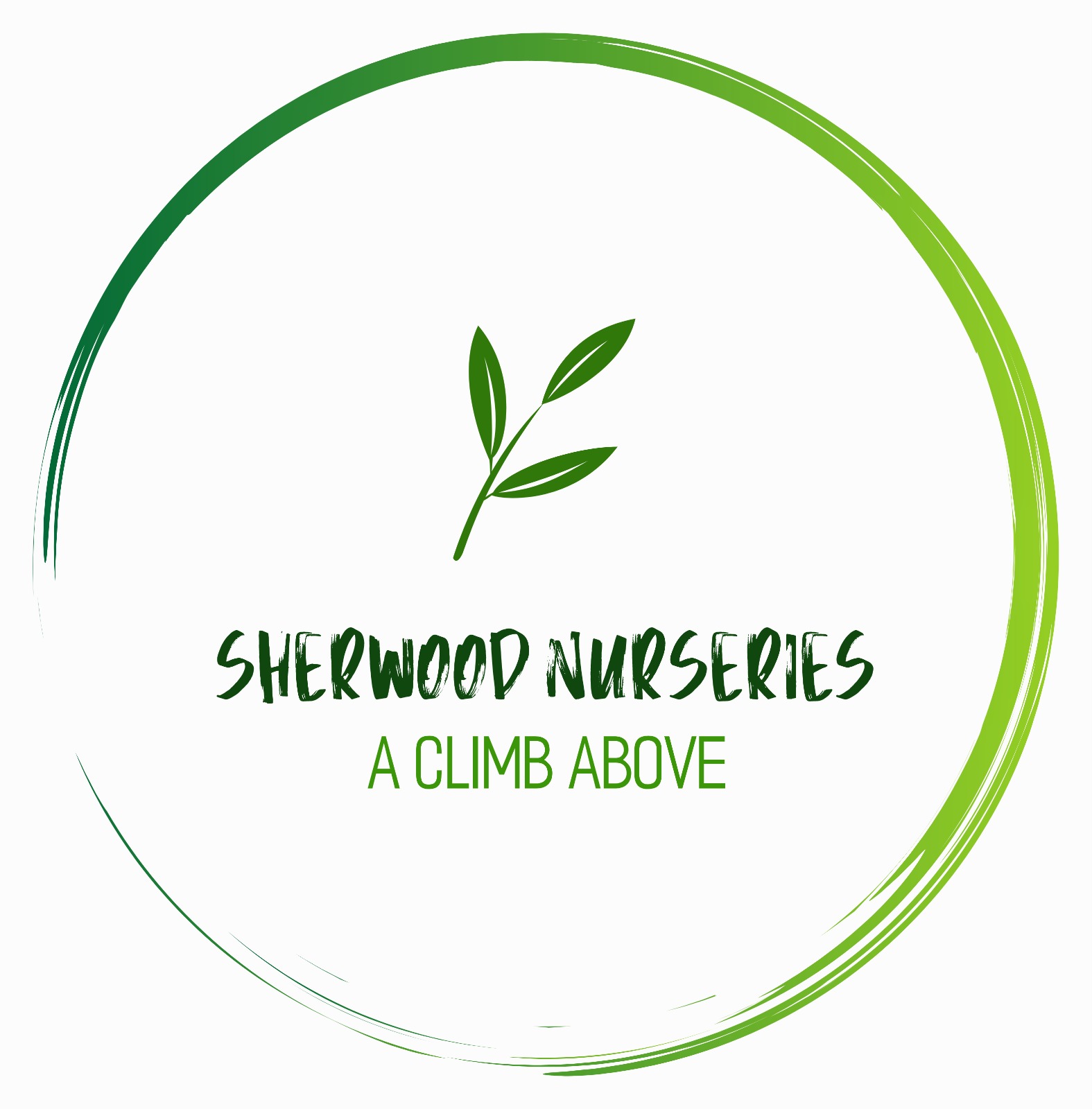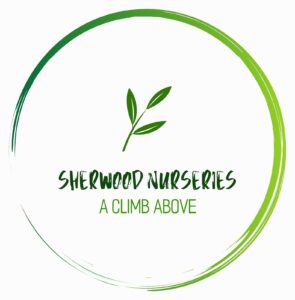Height: 3 feet
Spread: 3 feet
Sunlight:
![]()
![]()
![]()
Hardiness Zone: 2a
Other Names: Dwarf Euonymus
Description:
A sprawling, somewhat upright shrub with narrow semi-evergreen leaves that may turn reddish purple in fall; main attribute is showy orange and red seeds in late summer and fall; will benefit from a frequent pruning to keep it in control
Ornamental Features
Dwarf Turkestan Burning Bush has bluish-green deciduous foliage on a plant with an upright spreading habit of growth. The narrow leaves turn an outstanding brick red in the fall. It produces pink capsules from late summer to mid fall.
Landscape Attributes
Dwarf Turkestan Burning Bush is an open multi-stemmed deciduous shrub with an upright spreading habit of growth. Its relatively fine texture sets it apart from other landscape plants with less refined foliage.
This shrub will require occasional maintenance and upkeep, and can be pruned at anytime. It has no significant negative characteristics.
Dwarf Turkestan Burning Bush is recommended for the following landscape applications;
- Mass Planting
- General Garden Use
Planting & Growing
Dwarf Turkestan Burning Bush will grow to be about 3 feet tall at maturity, with a spread of 3 feet. It tends to be a little leggy, with a typical clearance of 1 foot from the ground. It grows at a medium rate, and under ideal conditions can be expected to live for approximately 20 years.
This shrub performs well in both full sun and full shade. It is very adaptable to both dry and moist locations, and should do just fine under typical garden conditions. It is not particular as to soil type or pH. It is highly tolerant of urban pollution and will even thrive in inner city environments. This is a selected variety of a species not originally from North America.




